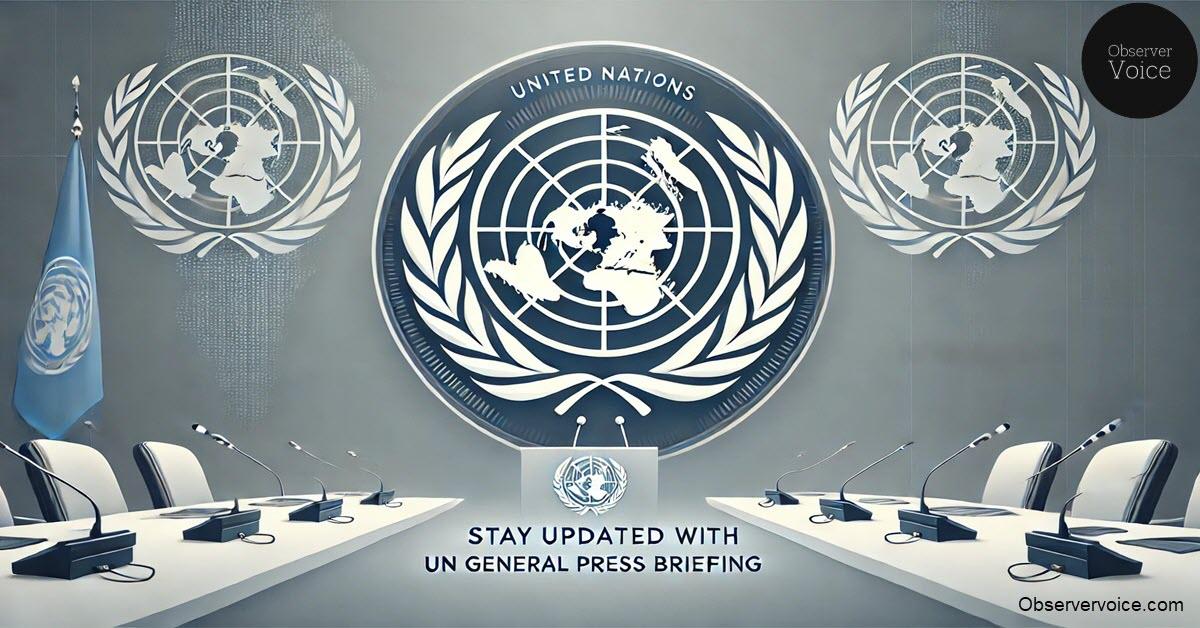UN Security Council Extends Sanctions on Somalia

The United Nations Security Council has taken significant steps to address ongoing security concerns in Somalia. In a recent meeting, the Council unanimously adopted resolution 2762 (2024), which extends the authorization for Member States to intercept vessels transporting banned items to and from Somalia. This includes illegal arms imports and charcoal exports. The resolution is a short-term renewal, set to last until February 28, 2025. It aims to provide additional time for discussions on the future of the sanctions regime, especially amid the ongoing drawdown of United Nations operations in Somalia.
Extension of Sanctions and Monitoring
The Security Council’s resolution not only extends the interception authorization but also renews the mandate of the Panel of Experts monitoring the sanctions against Al-Shabaab until March 31, 2025. The sanctions were first established in 2014 and have undergone several updates to address the evolving security situation in Somalia. Under the current provisions, Member States can inspect vessels in Somali territorial waters if they have reasonable grounds to believe these vessels are carrying banned items. This includes weapons, military equipment, and components for improvised explosive devices. Additionally, Member States are authorized to seize and dispose of any identified banned items during inspections.
The ongoing sanctions are crucial for maintaining stability in the region. They aim to limit the resources available to Al-Shabaab, a militant group that poses a significant threat to peace and security in Somalia. The Council’s decision reflects a commitment to uphold these measures while allowing for a review of their effectiveness and relevance in the current context.
Somalia’s Security Transition
Somalia is currently navigating a critical phase in its security transition. The representative of the United Kingdom highlighted the importance of this moment during the Council meeting. In October, the Council endorsed the United Nations Transitional Assistance Mission in Somalia (UNTMIS) to take over responsibilities from the United Nations Assistance Mission in Somalia (UNSOM). This transition is part of a broader strategy to stabilize the country and support its governance structures.
The African Union Transition Mission in Somalia (ATMIS) is also set to be replaced by the African Union Support and Stabilization Mission in Somalia (AUSSOM) at the beginning of next year. These changes reflect a shift in international support towards a more sustainable and locally-led security framework. The UK representative emphasized that the current resolution provides stability for the Al-Shabaab sanctions regime, which is essential for ongoing efforts to combat the group’s influence.
Future Considerations for Sanctions
The Security Council’s recent actions signal a proactive approach to addressing the challenges posed by Al-Shabaab and other threats in Somalia. The United Kingdom, as a key player in the discussions, expressed its commitment to consulting with stakeholders in the coming weeks. The goal is to determine the best way to shape the sanctions regime to effectively support collective efforts against Al-Shabaab.
As the situation in Somalia evolves, the Security Council will need to remain vigilant and adaptable. The effectiveness of the sanctions regime will depend on continuous assessment and collaboration among Member States. The Council’s unanimous support for the resolution indicates a shared understanding of the importance of maintaining pressure on groups that threaten peace and stability in the region.
Observer Voice is the one stop site for National, International news, Sports, Editor’s Choice, Art/culture contents, Quotes and much more. We also cover historical contents. Historical contents includes World History, Indian History, and what happened today. The website also covers Entertainment across the India and World.

